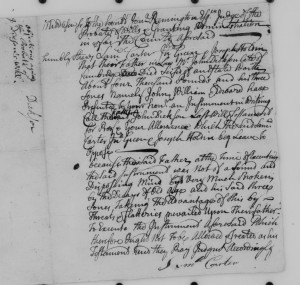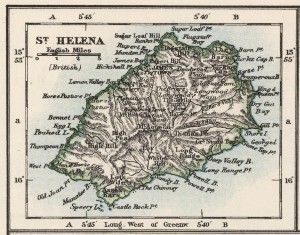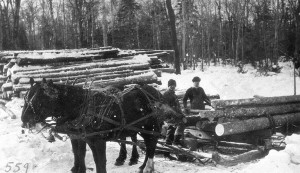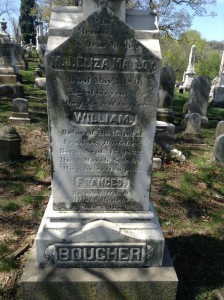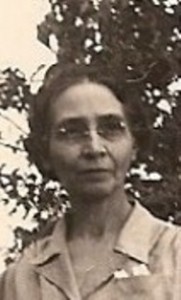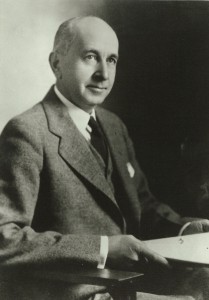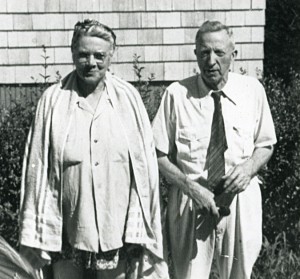
In my previous blog post, I wrote about my Irish great-grandparents raising their children in Holyoke, Massachusetts. Yet as I began sorting through my genealogical research in preparation for NEHGS’ upcoming Irish Family History Day on March 6, I began to think more about their decision to leave Ireland in the first place.
My Nana’s parents, Julia and Edward Deane, left their home in the village of Geesala in County Mayo for America in 1909, when they were 28 and 31 years old. Julia would often recall her difficult journey across the Atlantic, plagued by terrible sea-sickness, travelling on the Titanic as she used to say. “Mama, it was the Teutonic! The Titanic sank!” my Nana used to correct her. Continue reading Family traditions
